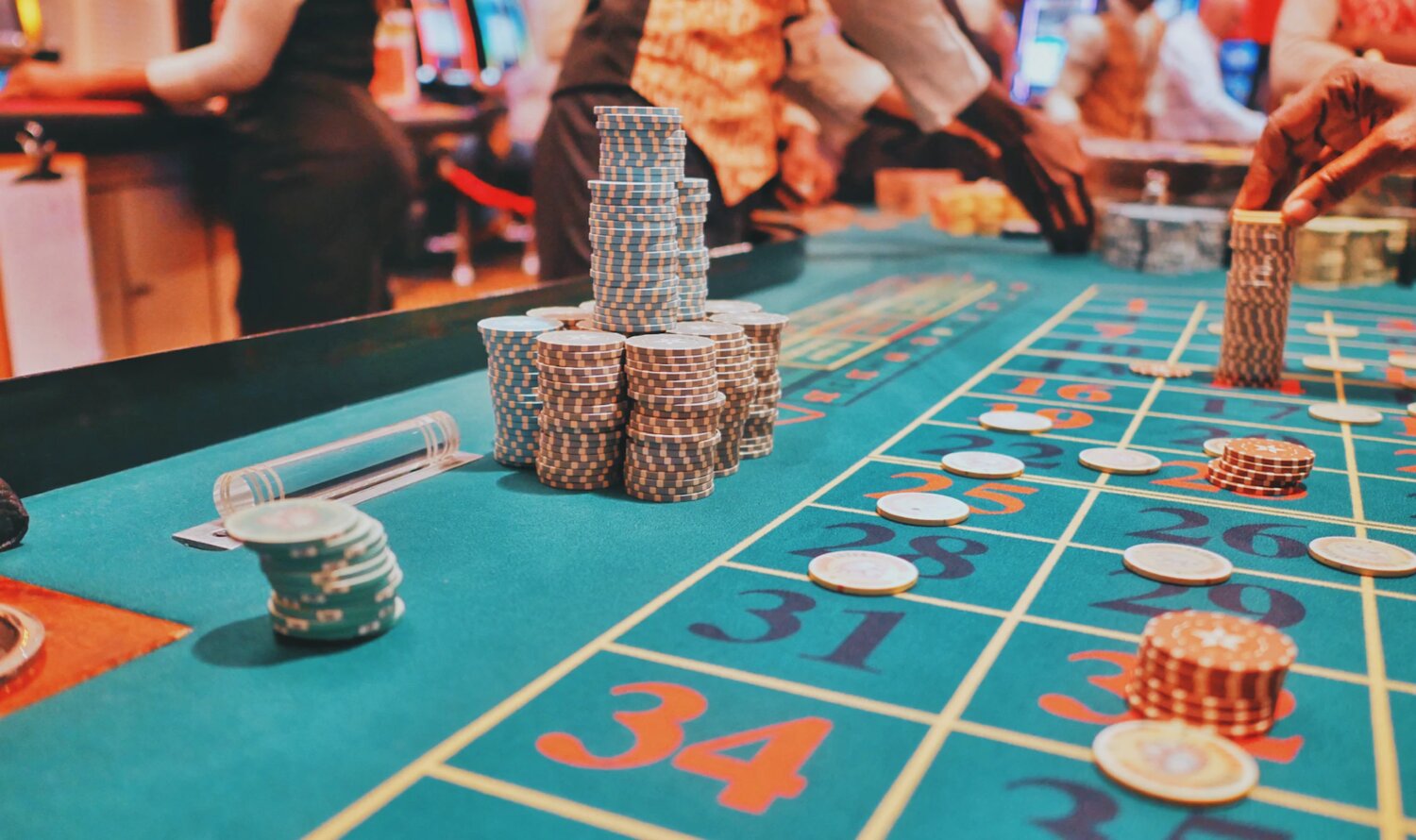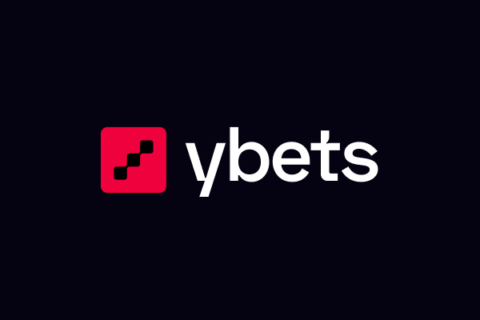Florida Bill Looks To Curb Illegal Gambling

A proposed House bill aimed at cracking down on illegal gambling operations within the state of Florida has successfully passed its second committee, the House Appropriations Committee. While the bill, known as HB 189, has cleared this significant hurdle, concerns linger regarding potential unintended consequences and a perceived lack of clarity in its provisions.
The legislation broadly focuses on increasing penalties associated with operating illegal gambling establishments, particularly those housing illegal slot machines. Additionally, the bill introduces fines for violations and includes measures to prohibit the advertising of unauthorized betting establishments.
Representative Michelle Salzman, the sponsor of the bill, emphasized that it addresses reports of adult arcades and internet cafes that have discreetly infiltrated communities, aiming to sever what she refers to as “financial lifelines for drug trades and human trafficking.” Salzman emphasized the bill’s mission to protect consumers who might become victims of the addictive nature of gambling on machines lacking consumer protection.
Despite its approval in the committee, the bill faced opposition and concerns from several members, including Representatives Dan Daley, Christopher Benjamin, Mike Gottlieb, and Patricia Williams. Williams expressed her desire to find compromises to support the bill but voiced current reservations about potential unintended consequences.
Daley echoed concerns about the bill’s language being overly broad, potentially ensnaring a wide range of individuals. Gottlieb raised specific concerns about the language pertaining to managers, suggesting that low-level managers might be unaware of gaming machine violations in their establishments.
In defense of the bill, Salzman highlighted the addition of the word “knowingly” to the statute, specifically in charges against managers in locations with illegal slot machines. However, concerns were raised about the potential negative impact of felony charges on individuals’ lives, even if they could successfully defend themselves.
A representative from the Amusement Machine Association of Florida, Jonathan Zachem, expressed concerns about unintended consequences and language fallacy in the bill. He emphasized potential drains on local resources, including law enforcement and judicial budgets, due to managers unknowingly facing criminal charges.
Despite the opposition, supporters of the bill argue for enhanced penalties and enforcement to prevent unregulated gambling in the state. Representative Randy Fine emphasized the need to hold the line against those pushing the envelope in the gambling sector.
Salzman’s bill proposes increasing the penalty for maintaining a gambling house from a second-degree misdemeanor to a third-degree felony. It establishes various penalties for violations, including misdemeanors and felonies based on the severity of the offense and the presence of prior convictions.
Additionally, the bill addresses trafficking in slot machines, imposing penalties for selling, purchasing, manufacturing, transporting, delivering, or bringing into the state more than 15 slot machines. Fines collected under the proposed legislation would contribute to the Pari-mutuel Wagering Trust Fund for enforcement efforts by the Florida Gaming Control Commission.
The bill also tackles advertising illegal gambling operations and preempts local government entities from enacting or enforcing ordinances or rules related to gaming activities already defined in statute.
Having cleared two committees, the bill now advances to its next legislative step in the Judiciary Committee. A comparable bill, SB 1046, exists in the Senate and has passed one of its three committee stops.
- Other news categories:
- SlotsUp's news





